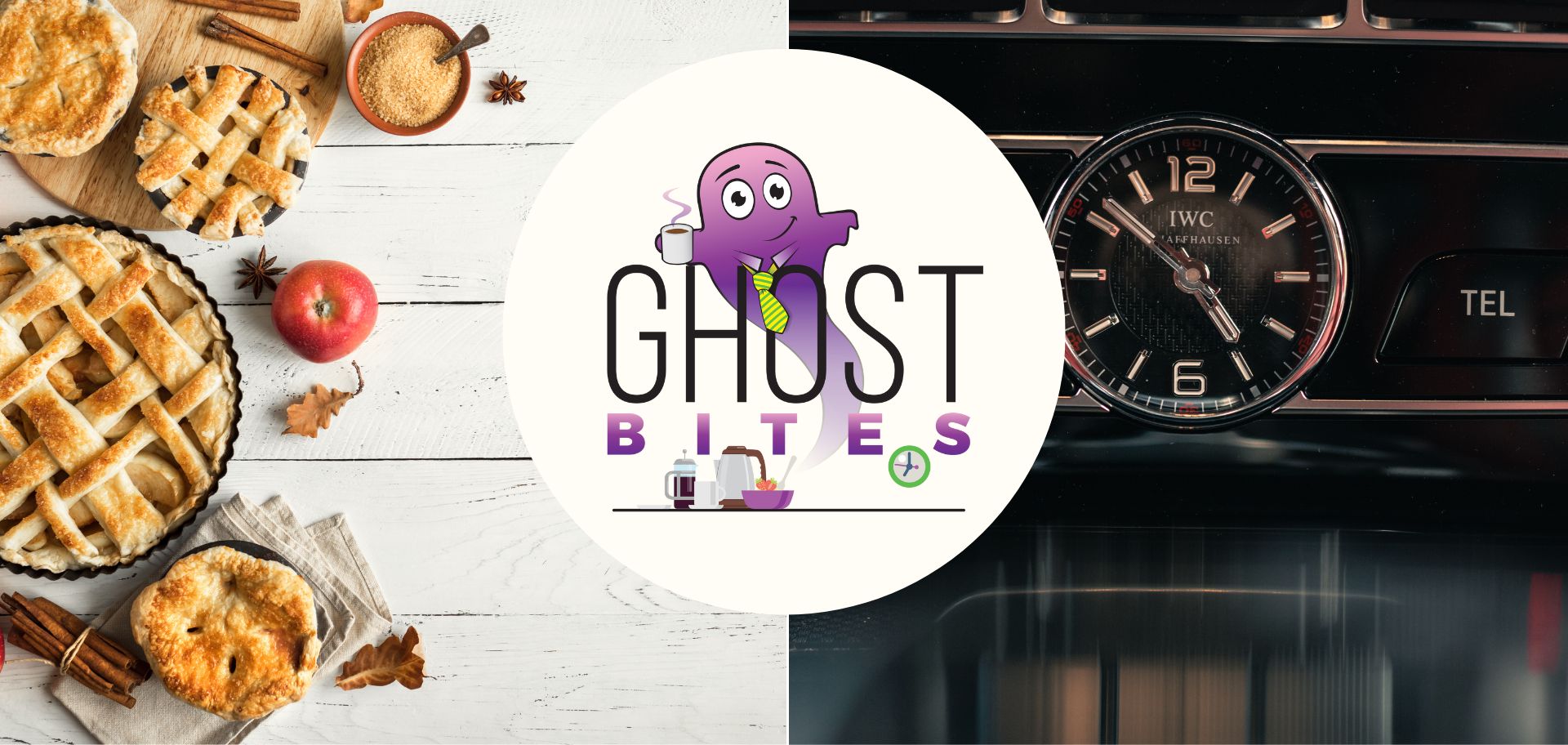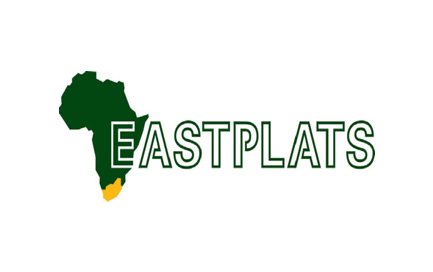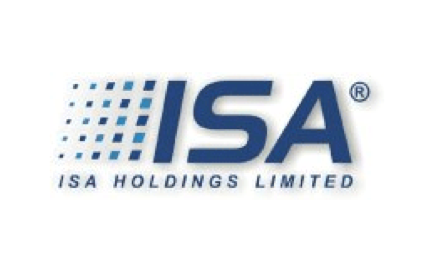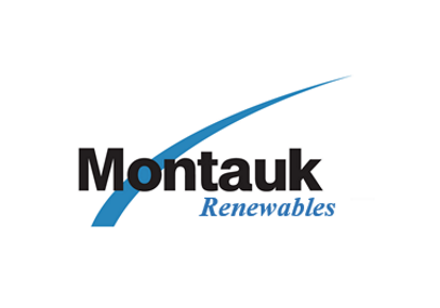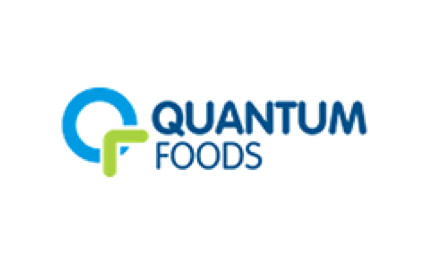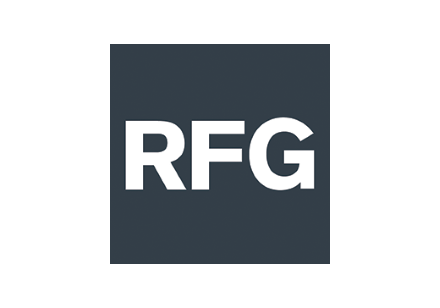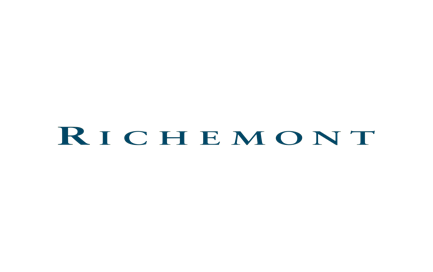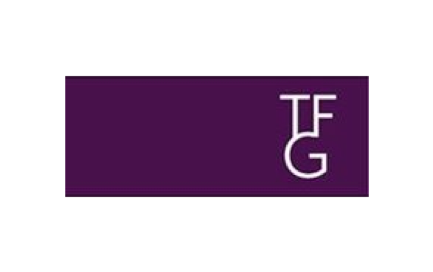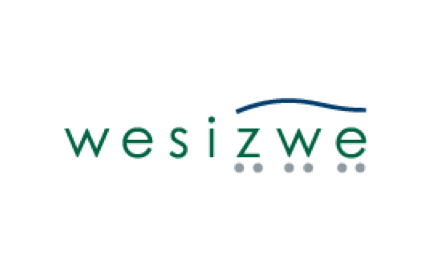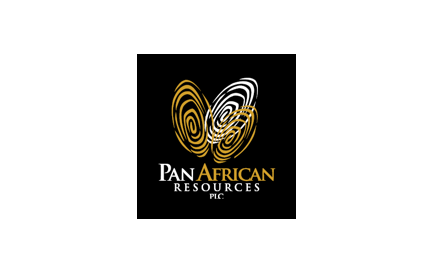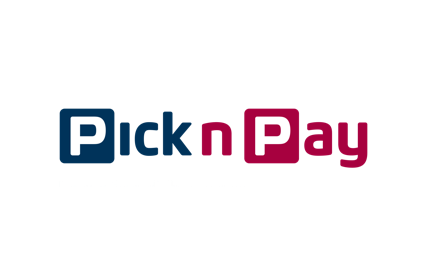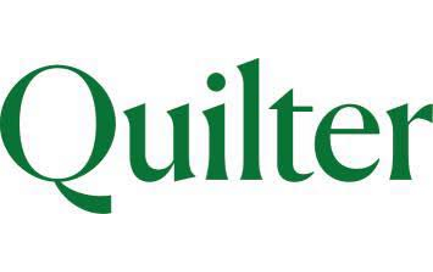Listen to the latest episode of Ghost Wrap here, brought to you by Mazars:
Eastern Platinum grew sharply in Q3 (JSE: EPS)
Chrome prices have helped the story here
Eastern Platinum has released results for the third quarter of 2023 and they reflect a rather silly growth rate of 505.6% in revenue. On a year-to-date basis, revenue is up 94%.
Operating income has jumped from $1.9 million to $7.0 million despite gross margin falling from 52.5% to 32.1%. For the nine months, operating income is up from $9.4 million to $25.5 million.
At group level, operating income was $3.6 million in this quarter vs. a loss of $0.9 million in the comparable quarter. Over nine months, it improved from a barely break-even result of $0.1 million to a far more palatable $17.5 million.
The trick has been third party chrome revenue from the sales of chrome concentrate by the retreatment project at Barplats Mines.
The problem is that chrome revenue is expected to wind down into 2024 as the retreatment project approaches its completion date, which means the company will go back to PGMs as the main source of income. The company is raising capital as part of this strategy.
The whistleblower special committee is also still busy with its investigation into allegations of undisclosed related party transactions. A great deal of progress was made this quarter (including collecting over 135,000 documents) and findings will be provided to the board by the end of the year.
ISA Holdings reports strong profit growth (JSE: ISA)
This is a JSE-listed group that you’ve perhaps not heard of
With a market cap of around R220 million, you won’t often hear anyone talking about ISA Holdings. The listing dates all the way back to 1998, so it’s actually been around for a long time! The company is involved in network, internet and information security solutions.
Results for the six months to August look strong, with turnover up 42% and profit after tax up 27%. HEPS increased by 27% as well to 7.7 cents.
Interestingly, 89% of turnover is subscription in nature, so that’s a pretty solid underpin. A change in product mix resulted in gross margin decreasing from 55% to 47%, so the turnover growth wasn’t fully translated into profit growth.
One concern is the balance sheet, with a drop in cash and cash equivalents by 11% and a higher trade receivables (and payables) balance than would normally be the case. Management attributes this to the change in product mix and the timing of settlement.
The interim dividend of 7.7 cents per share is 27% higher.
There is some liquidity in the stock but not much, with a wide bid-offer spread. It closed at R1.29, down 1.5% for the day.
Montauk Renewables reports a drop in revenue (JSE: MKR)
The company makes zero effort to help JSE shareholders understand the numbers
I can’t really comment on the Montauk Renewables investor relations strategy because they don’t actually have a strategy, at least not one aimed at investors on the JSE. The SENS announcements never give any additional insight or commentary. Instead, we have to go digging in the US reports (as the company is listed on the NASDAQ).
The group generates 91% of its revenue from the RNG segment, which is the sale of gas at fixed price contracts and a few other bits and bobs. Whether you look over three months or six months, revenue has dropped significantly for the group.
The good news is that this quarter was at least profitable, taking the year-to-date operating loss to $610k. The comparable six-month period is an operating profit of $22 million, so this is a very big negative move year-on-year.
Quantifying the pain at Quantum Foods (JSE: QFH)
The avian flu outbreak has directly cost the company R155.3 million in this period
Quantum Foods has had a year to forget, with conditions in the poultry industry creating a perfect storm. Aside from consumer pressures and the lack of ability to put through pricing increases to recoup input costs, the outbreak of avian flu has been a disaster.
In this period, the value of biological assets written off (i.e. chickens culled) was R155.3 million. This works out to 56.8 cents per share.
With that loss for context, perhaps a swing in HEPS from 14.1 cents in the comparable period to a loss of between 16.7 cents and 18.1 cents in this period isn’t too bad.
There is very little liquidity in the stock, so I’m not sure that a year-to-date drop of around 7% in the share price is much of an indication of anything.
The juice is worth the squeeze at RFG Holdings (JSE: RFG)
There’s a sharp increase in HEPS this year
RFG Holdings released a trading statement dealing with the year ended 1 October 2023. HEPS will be between 33% and 38% higher, which is obviously great news for shareholders.
Top-line growth was driven by price increases, with the group focused on recovering input cost increases of the past two years. This was the case across categories like fruit juice, ready meals, dry foods and meat. The pie category continues to do well, appealing to consumers looking for more affordable ways to fill tummies around the dinner table.
The HEPS range is between 183.4 cents and 190.3 cents. The share price closed 5.5% higher at R11.50, so it is trading on a Price/Earnings multiple of just over 6x. For a food producer, that’s quite low.
Richemont calls it a “strong performance” but the market says no (JSE: CFR)
A drop of over 5% on the day was the market’s response to these numbers
Richemont has released results for the six months to September and the market didn’t love them. Sales from continuing operations grew by 6% in this period as reported or 12% in constant currency, so the volatile currency environment is having quite an impact here.
The Americas region looks weak, with sales down 4%. Asia Pacific is singing a different tune, with sales up by 14% and a particularly strong performance of 23% growth in China, Hong Kong and Macau combined. Europe managed to grow by 3% and Japan grew 2% after a massive year of growth in the prior-year period.
I remain very skeptical of online sales in this space. Buying a timepiece that costs as much as a family car (and sometimes a house) is surely quite the experience, so I would imagine that an in-store shopping experience is preferred. The group’s directly-operated store network grew by 9% and accounts for 69% of total sales, supporting my thesis. Online sales fell by 7%.
Looking deeper, the Jewellery Maisons led the way with sales up 10%. Specialist Watchmakers fell 3% and the Other business area was down 1%. YNAP, an online-only business that I really can’t see being successful, recording a 13% drop in sales. Richemont is busy implementing a transaction to plug YNAP into Farfetch, another business model that I fear is aptly named.
Although gross margin is still exceptionally high at 68.2% of sales, gross profit only increased by 5% because gross margin actually dropped by 70 basis points.
Margin pressure continues further down the income statement, with operating profit down by 2% at a margin of 26.0%. Negative foreign exchange rate movements were a major contributor here, with Richemont noting that constant currency operating profit would be up 15%.
Profit from continuing operations rose by 3%. Although that performance is in the green, Richemont trades at a premium valuation that requires growth as well as resilience. The share price has fallen by 30% in the past six months as the market has come to terms with the current environment and the impact on valuations.
TFG results came in better than the market had feared (JSE: TFG)
But they still reflect a significant drop in profits
The Foschini Group has reported results for the six months to September 2023. I’ve been bearish on this group this year and share price volatility has been immense, with a 52-week range of R81.00 to R121.48! As things stand, the share price is ever so slightly in the green for the year.
The high level numbers show record group revenue for this period, with growth of 12.9%. The acquisition of Tapestry is in there though, so we need to take that into account. TFG Africa’s revenue grew by 17.3% with Tapestry and 11.9% without it. That still sounds decent, but the company needed to clear out inventory and so these sales came at the expense of gross margin.
Looking abroad, TFG London and TFG Australia faced very difficult base periods to grow against. Neither of them managed to do it (TFG London fell 10.5% and TFG Australia fell 7.2%, both in local currency), but TFG London at least maintained margins whereas TFG Australia saw margins contract.
The pressure on selling prices means that gross profit only increased by 7.7%, well below revenue growth. The impact of cost inflation saw operating profit before finance costs increase by just 0.8%, which means the company was a sitting duck in terms of net profit because of the higher levels of debt on the balance sheet.
HEPS fell by 15.3%, though the market expected a worse outcome based on the previously communicated trading statement. The interim dividend fell by 11.8% to 150 cents per share.
Diving back into some of the detail, cash retail turnover was up 14.6% and credit turnover was up 3.5%. Even with inventory needing to be sold, the group was strict on credit lending criteria.
Another important metric is online turnover growth, which was 23.9% in this period. Online sales are now 9.8% of total group turnover and I am sure that this contribution will keep growing. TFG Africa only generates 4.1% of sales revenue online vs. 7.0% in TFG Australia and a whopping 40.8% in TFG London.
Based on economic conditions, the group has scaled back some of its store opening plans. There will be fewer openings in the second half of the financial year vs. the comparative period. Interestingly, the situation in the UK hardly sounds any better for consumers than in South Africa, with the group hoping that the Australian consumers will at least remain resilient.
Little Bites:
- Director dealings:
- There are more disposals by an associate of a director of Wesizwe Platinum (JSE: WEZ), this time worth R245k.
- An executive at Pan African Resources (JSE: PAN) bought shares worth around R110k. A different executive also bought shares to the value of R90k.
- Associates of two members of the Ackerman family bought shares in Pick n Pay (JSE: PIK) worth R163k.
- An associate of the family behind Collins Property Group (JSE: CPP) bought shares worth R48k.
- Quilter (JSE: QLT) puts forward a resolution every year dealing with political donations or expenditure. Such a resolution is commonplace in the UK, designed to avoid inadvertent breaches of UK company law. South African shareholders always panic when they see this resolution though, evidenced by only 55.88% support on the South African register and 99.92% on the UK register. The company then engages with shareholders to explain the need for the resolution. This says a lot about political sensitivity in South Africa.

